JFKMLKRFK.com is best viewed on a desktop/laptop, not a cell phone. New layout coming in 2025.
new: MLK holiday Jan. 20, 2025 is inauguration day for the insurrectionist.
MLK Truth and Reconciliation
A martyr for peace
Martin Luther King Day is a federal holiday for a victim of the federal government.
"Peace is not merely a distant goal that we seek, but a means by which we achieve that goal."
- Martin Luther King, Jr.
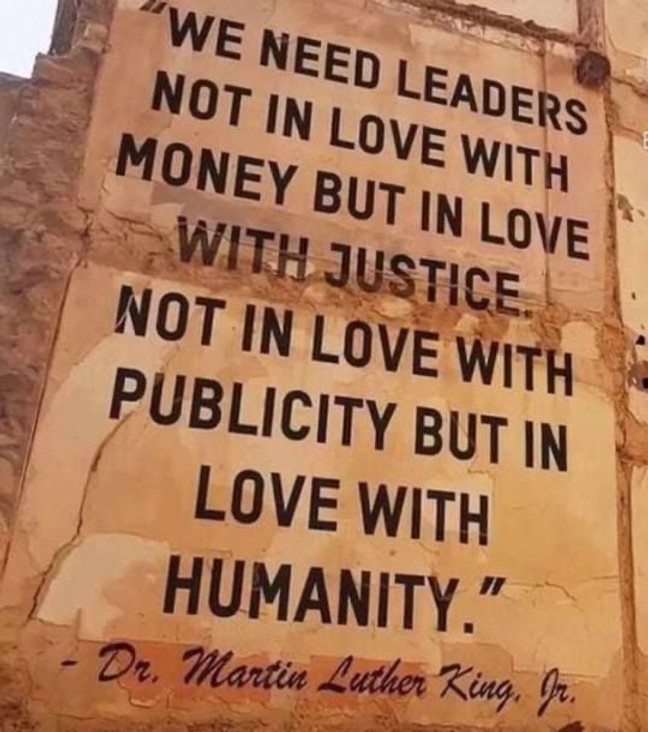 by Mark Robinowitz, www.JFKMLKRFK.com
by Mark Robinowitz, www.JFKMLKRFK.com
On April 4, 1968, Martin Luther King, Jr. was murdered in Memphis, exactly a year after he gave his "Beyond Vietnam" speech at Riverside Church in New York City.
Now, MLK is a cultural icon, memorialized by the federal holiday, with schools and roads named in his honor. He is best known for his "I have a dream" speech at the 1963 March on Washington, but King's legacy is far broader.
Virtually the entire media, ranging from Fox, See BS, NPR, Democracy Now, have ignored the King family's decades long efforts for truth and reconciliation regarding the murder of MLK. Specifically, the family prevailed in a lawsuit in Memphis in 1999 that documented federal complicity in of Martin's assassination. How many people have ever heard about this legal case? Are there law schools that discuss the implications? Civil rights groups who include it when honoring Dr. King's legacy? "Alternative" media that dare mention the government committed the crime?
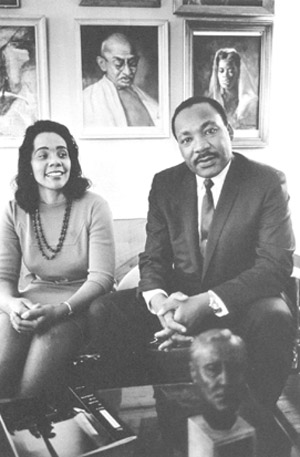 In 1964, King was awarded the Nobel Peace Prize. He received this as a responsibility to do more. MLK moved beyond a single focus on civil rights toward connecting the dots of what he called the "triple evils" of racism, imperialism and militarism.
In 1964, King was awarded the Nobel Peace Prize. He received this as a responsibility to do more. MLK moved beyond a single focus on civil rights toward connecting the dots of what he called the "triple evils" of racism, imperialism and militarism.
On April 4, 1967, he gave his most powerful speech, at Riverside Church in New York City: "Beyond Vietnam." The entire media attacked Dr. King for denouncing the war.
Many of his allies ostracized him. Donations dropped to the Southern Christian Leadership Conference.
He was never invited to the White House again.
In a 2016 article for Sojourners magazine, Rabbi Arthur Waskow recalled that King's "friend and co-worker Rabbi Abraham Joshua Heschel was heard to mutter than by giving this profoundly radical speech he had signed his death warrant -- and indeed, exactly one year later, he was murdered."
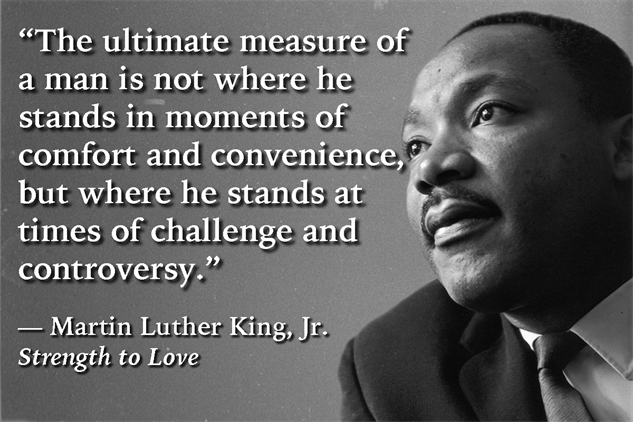 When King was killed, he had been organizing the "Poor People's Campaign," a second March on Washington.
When King was killed, he had been organizing the "Poor People's Campaign," a second March on Washington.
The plan was to camp on the National Mall by the US Capitol to demand the government address poverty (not only African Americans).
but this time the protestors planned to camp out in front of the Capitol to demand efforts to mitigate poverty. The federal core of Washington can cope with large protests for a day: protestors arrive, march, listen to speeches and leave the city to return home. This time, they would stay. The feds were concerned that the group would disrupt D.C. when they realized Congress would not heed their demands for anti-poverty legislation.
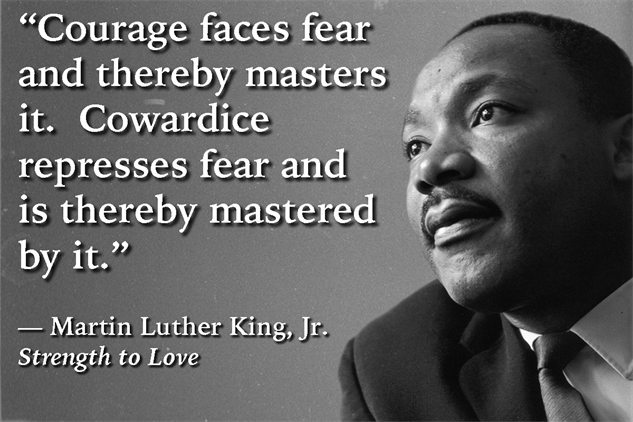 Federal government leaders saw this as a dangerous threat. They feared MLK would not be able to keep the protest non-violent, especially after their demands were not met.
Federal government leaders saw this as a dangerous threat. They feared MLK would not be able to keep the protest non-violent, especially after their demands were not met.
The previous year, 1967, had seen riots in inner cities across the country. Security planners knew that King preached non-violence but this was not a universal sentiment among the dispossessed. Ironically, the night they killed King saw far more violent rioting than had been seen before. The main exception to this reaction was in Indianapolis ...
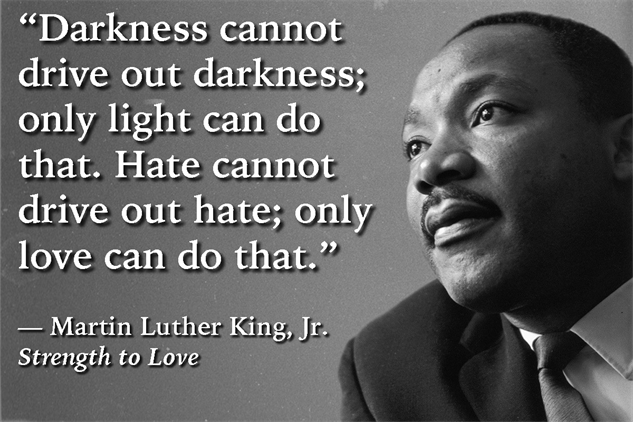 The official narrative of King's assassination is that he was killed by James Earl Ray, supposedly a lone racist motivated by hate. King had received countless racist threats, but racism was not the only reason he was killed.
The official narrative of King's assassination is that he was killed by James Earl Ray, supposedly a lone racist motivated by hate. King had received countless racist threats, but racism was not the only reason he was killed.
After some years, the King family suspected that James Earl Ray, the accused killer, was framed. They asked their friend, attorney William Pepper, to investigate. Pepper had helped persuade King to speak out more against the war on Vietnam, and toward the end of Ray's life, became Ray's attorney.
Ray never had a trial. He was coerced into pleading guilty to avoid the electric chair - and spent the rest of his life trying to withdraw that plea. The King family eventually supported Ray's (unsuccessful) effort for a trial.
Ray died in prison in 1998. In 1999, the family filed a suit against Loyd Jowers and "other unknown co-conspirators." Jowers owned "Jim's Grill," near the Lorraine Motel where King was shot. He had admitted, in a public interview and in talks with Dexter King and Andrew Young, to have hidden the rifle that was used; fired, he said, by a Memphis police sharpshooter.
One piece of evidence that Ray was framed: several eyewitnesses said the shot was fired from bushes on the street. (Ray supposedly shot MLK from inside a rooming house next to Jim's Grill.) The next day, the City of Memphis cut down the bushes.
While Ray was a fugitive in Canada, he used multiple identities for actual people who superficially resembled him, a feat that required access to centralized government databases.
King v. Jowers did not seek to prosecute or punish anyone, but to use the legal system to expose the truth. (They only asked for a symbolic fine of $100 and no jail time.) The family was inspired by the "Truth and Reconciliation" process pioneered in South Africa after Apartheid, which gave amnesty for politically motivated crimes if the perpetrators were willing to confess in public. The jury heard three weeks of testimony and took one hour to reach a verdict: elements in the federal and local governments conspired with organized crime to kill King.
The family said the trial was "everything that the family members have to say about the assassination." They said they "have done our part [and] those of you, if you find it in your hearts to get the 'powers that be' to officialize what 12 independent people have already done, that is your business." Since then, there has not been a groundswell to highlight the implications for civil rights, issues of peace and war, and the contrast of poverty in the wealthiest nation in history.
Truth and Reconciliation applies not only to the perpetrators who ordered this and similar crimes of state, but also to the citizenry who have been hesitant to admit unpleasant parts of our history. The King family's message of love and reconciliation could free our society from fear and divisiveness to reach our positive potentials.
Mark Robinowitz is author of JFKMLKRFK.com the legacy of the 1960s and JFK's 1963 effort to end the Cold War and convert the Moon race to a joint US – Soviet mission.
Whitewashing MLK
Most citizens are familiar with King’s most famous speech -- "I have a dream" -- delivered at the 1963 March on Washington. King's April 4, 1967 speech "A Time to Break Silence: Declaration of Independence from the Vietnam War" was much more profound and a stark warning against endless war.
"The war in Vietnam is but a symptom of a far deeper malady within the American spirit, and if we ignore this sobering reality we will find ourselves organizing clergy and laymen-concerned committees for the next generation. They will be concerned about Guatemala and Peru. They will be concerned about Thailand and Cambodia. They will be concerned about Mozambique and South Africa. We will be marching for these and a dozen other names and attending rallies without end unless there is a significant and profound change in American life and policy. ....
"I am convinced that if we are to get on the right side of the world revolution, we as a nation must undergo a radical revolution of values. We must rapidly begin the shift from a 'thing-oriented' society to a 'person-oriented' society. When machines and computers, profit motives and property rights are considered more important than people, the giant triplets of racism, materialism and militarism are incapable of being conquered. ....
"A nation that continues year after year to spend more money on military defense than on programs of social uplift is approaching spiritual death. (MLK, April 4, 1967)
King was killed exactly a year to the day after his greatest speech - against the War on Vietnam.
When King was killed, the crime was blamed on James Earl Ray, who was said to be a lone gunman motivated by racism. However, the facts show that Ray was framed as a patsy, and was railroaded into pleading guilty to avoid a death sentence. Ray spent nearly three decades in prison for a crime he did not commit, and was repeatedly denied the right to have a trial to evaluate the evidence against him. It is little known that the King family publicly stated that the federal government killed Martin and that James Earl Ray was just a patsy who was framed (Dexter King even met with Ray in his prison and they sought, without success, to get Ray the trial he never had).
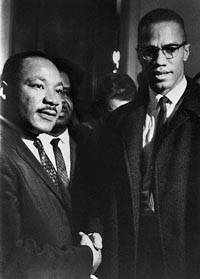 In 1967, a young journalist named William Pepper showed photos he had
taken in Viet Nam to King, who was shocked and disgusted by the racist
atrocities. This material spurred King to publicly oppose the war. After
King's assassination, Pepper dropped out of politics and eventually became
a lawyer. Pepper became the attorney for James Earl Ray, and spent years
trying to get him a trial. Pepper wrote extensively about the truth of
the assassination in Orders to Kill and An Act of State: the
execution of Martin Luther King, Jr.
In 1967, a young journalist named William Pepper showed photos he had
taken in Viet Nam to King, who was shocked and disgusted by the racist
atrocities. This material spurred King to publicly oppose the war. After
King's assassination, Pepper dropped out of politics and eventually became
a lawyer. Pepper became the attorney for James Earl Ray, and spent years
trying to get him a trial. Pepper wrote extensively about the truth of
the assassination in Orders to Kill and An Act of State: the
execution of Martin Luther King, Jr.
In 1999, after Ray's death in prison, the King family won a federal lawsuit against some of the perpetrators of the assassination. This astounding jury verdict is rarely mentioned by the media, even by the liberal alternative media that opposes most federal policies.
One example of this avoidance strategy is an essay about the "Media Reform Conference" held in Memphis, Tennessee that was published on Common Dreams on January 15, 2007 by Danny Schechter, the "News Dissector" for MediaChannel.org:
Published on Monday, January 15, 2007 by MediaChannel.org
What Next for Media Reform?
by Danny Schechter
I felt the presence of Dr King this past weekend in Memphis. Of course, this is the city in which he gave his life, and as America marks his birth, it was hard not to be reminded of his death when you visit the scene of the crime, the fully restored Lorraine Motel.
It was there that he was shot down by a cowardly sniper. Was it James Earl Ray? Did he act alone? There are more conspiracy theories on that than eyewitnesses but it almost doesn’t matter because most of the people who studied the matter remain puzzled by so many contradictions and unanswered questions.
There are not "more conspiracy theories than eyewitnesses" on this scandal - the facts are fairly straight forward, confirmed by a jury verdict and endorsed by the King family.
Given the myopic, misleading approach in this article, it is surprising to read an expression of dissatisfaction with the "Media Reform" conference the author participated in:
How can we have 3000 people assemble in one place and leave with no clear focused plan of what we do next, how we work together, what’s the next step? I felt the same way when I left earlier conferences in Madison and St. Louis. They were cool events--and heady networking opportunities, but now what?
Perhaps these events are less than they could be because the peace movement is hesitant to "connect the dots" to explain the misbehavior of the Empire - and that understanding is needed to formulate effective strategies for positive transformation.
Many peace activists are willing to mention King's peace activism while carefully avoiding the evidence that forces in the federal government silenced his voice, dealing a crippling blow to social justice movements. A good example of this combination of courageous focus on King's words against war and blindness to the meaning of his murder:
www.commondreams.org/archive/2007/04/04/304/
Published on Wednesday, April 4, 2007 by CommonDreams.org
The Martin Luther King You Don’t See on TV
by Jeff Cohen and Norman Solomon
This article by Cohen and Solomon highlights the mainstream media's allergy to mentioning King's activism in the final years of his life (economic justice and peace), but is in alignment with the official consensus to ignore the evidence - endorsed by the King family - that James Earl Ray was not the assassin. OilEmpire.US's page on Norman Solomon shows how that writer was a leading liberal defender of the official "surprise attack" story in the months after 9/11 -- which helped keep the peace movement from understanding how 9/11 was allowed to happen to create the pretext for a war to seize the Middle East oil fields.
One sad lesson of the murder of Dr. King is waiting for a charismatic leader to inspire social change that challenges the status quo is a mistake. These people are easily turned into martyrs, and a movement dependent on such leaders is easily squashed. A better structure would be to emulate mycellium threads (they form mushrooms), which spread widely without a definite center. A more just society would be less hierarchical by definition, so social justice efforts need to be more decentralized than the model offered by our celebrity obsessed culture. In theory, the internet has this pattern, although the world wide web does include central computers that control allocation of DNS numbers and routing (when you type in a website address these computer translate it into a 12 digit number that is actually the location of a specified server hosting a website).
On March 31, 1968, five days before his assassination, Martin Luther King gave a speech called "Remaining Awake Through a Great Revolution," based on the story of Rip Van Winkle, who slept for 20 years and woke up after the American Revolution had happened. King urged citizens not to sleepwalk in the midst of the great changes sweeping the world. Midway through the speech, King denounced the construction of urban bypasses, stating that they worsened economic injustices:
"These forty million [poor] people are invisible because America is so affluent, so rich; because our expressways carry us away from the ghetto, we don't see the poor."
It is therefore strange that many highways around the US are named after someone who opposed urban sprawlways, especially in communities dependent on military spending with severe racial and economic injustice problems.
The best way to celebrate King’s legacy is not to name large swaths of concrete after him, or whitewash the crimes of Empire (at home and abroad), but to work for a world beyond militarism, for non-violence and economic justice.
two references for MLK's writings and speeches:
"A Testament of Hope: The Essential Writings and Speeches of Martin Luther King, Jr.," James. M. Washington, ed., New York: HarpersCollins, 1986.
http://kingencyclopedia.stanford.edu/encyclopedia/documents_contents.html
Martin Luther King encyclopedia
"For years I labored with the idea of reforming the existing institutions of the South, a little change here, a little change there. Now I feel quite differently. I think you've got to have a reconstruction of the entire society, a revolution of values."
- MLK to journalist David Halberstam in April 1967
"There are millions of poor people in this country who have very little, or even nothing, to lose. If they can be helped to take action together, they will do so with a freedom and a power that will be a new and unsettling force in our complacent national life."
"In the end, we will remember not the words of our enemies, but the silence of our friends."
"The ultimate test of a man is not where he stands in moments of comfort and moments of convenience, but where he stands in moments of challenge and moments of controversy."
- The Struggle for Racial Justice, Address delivered at Nobel Peace Prize Recognition Dinner, 27 January 1965
"Human salvation lies in the hands of the creatively maladjusted"
"Many people fear nothing more terribly than to take a position which stands out sharply and clearly from the prevailing opinion. The tendency of most is to adopt a view that is so ambiguous that it will include everything and so popular that it will include everybody."
Every Black soldier ought to say, "I am not going to fight.
This is not my war."
- Martin Luther King, III (his son), January 18, 1991 (on the occasion
of the 1991 US attack on Iraq)
related websites:




JFKMLKRFK.com - by Mark Robinowitz - updated
January 13, 2025